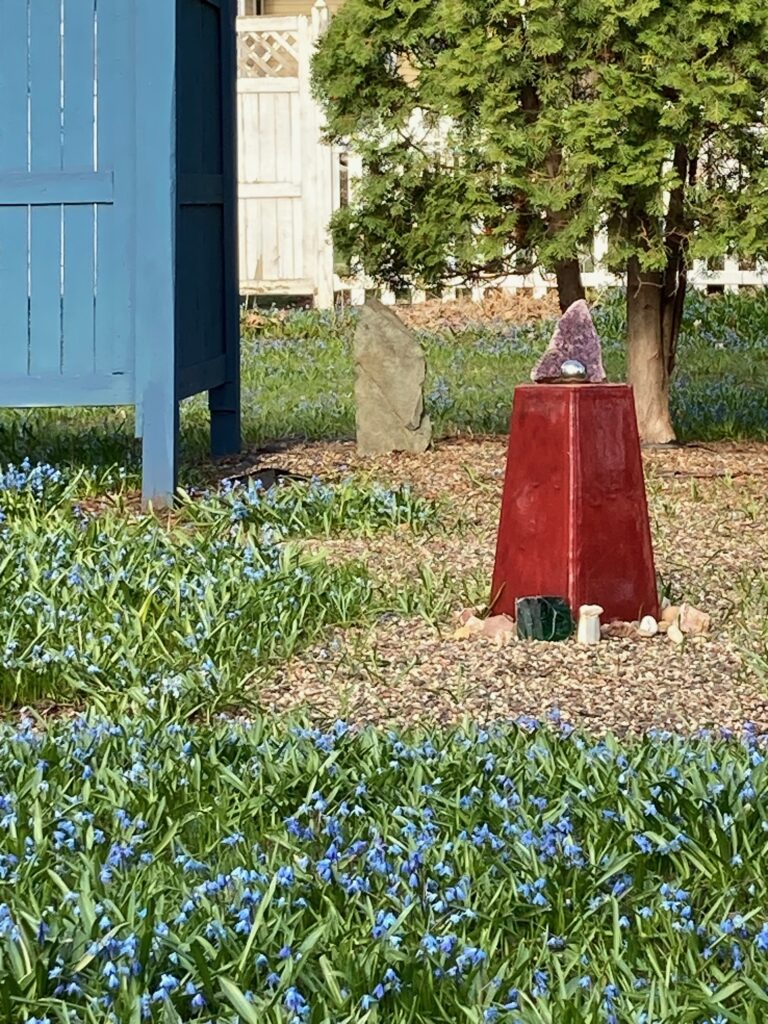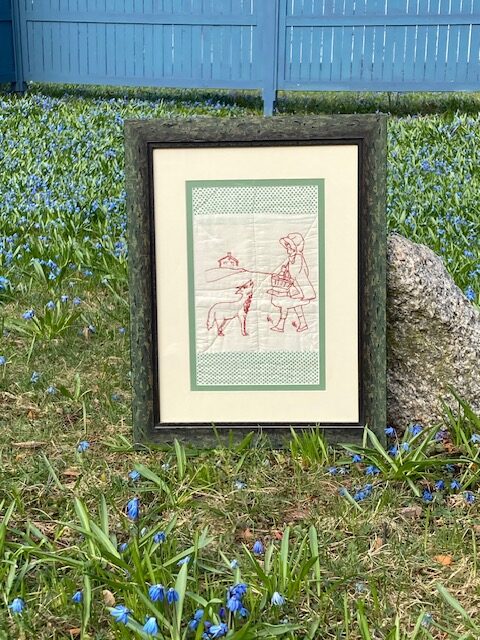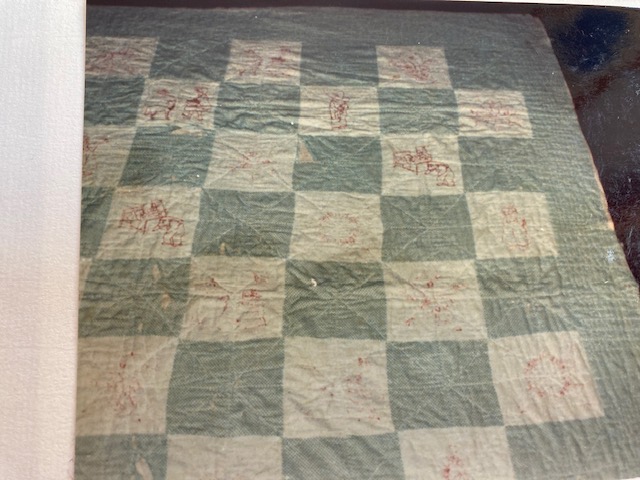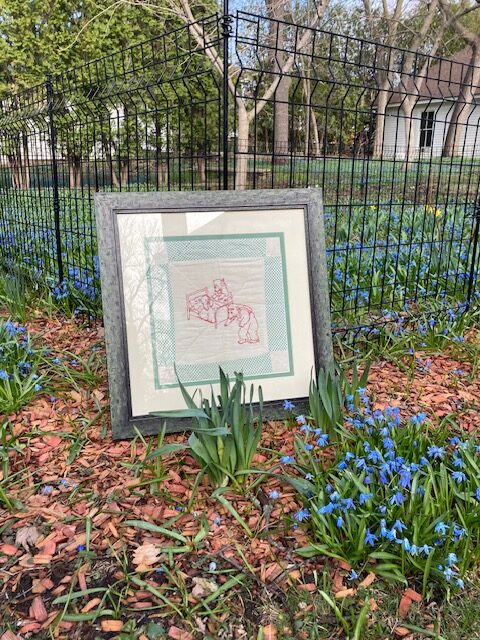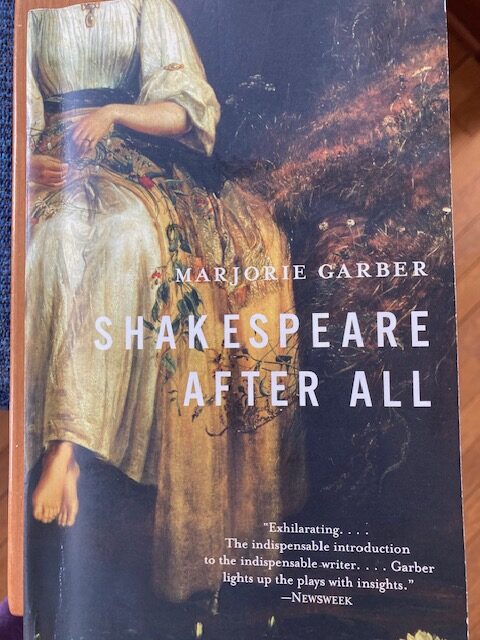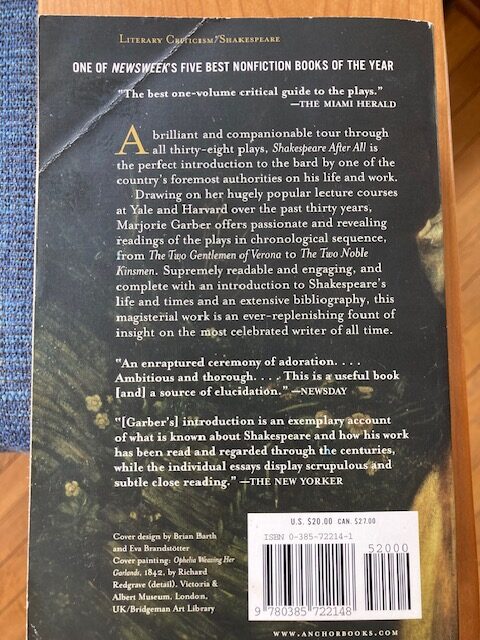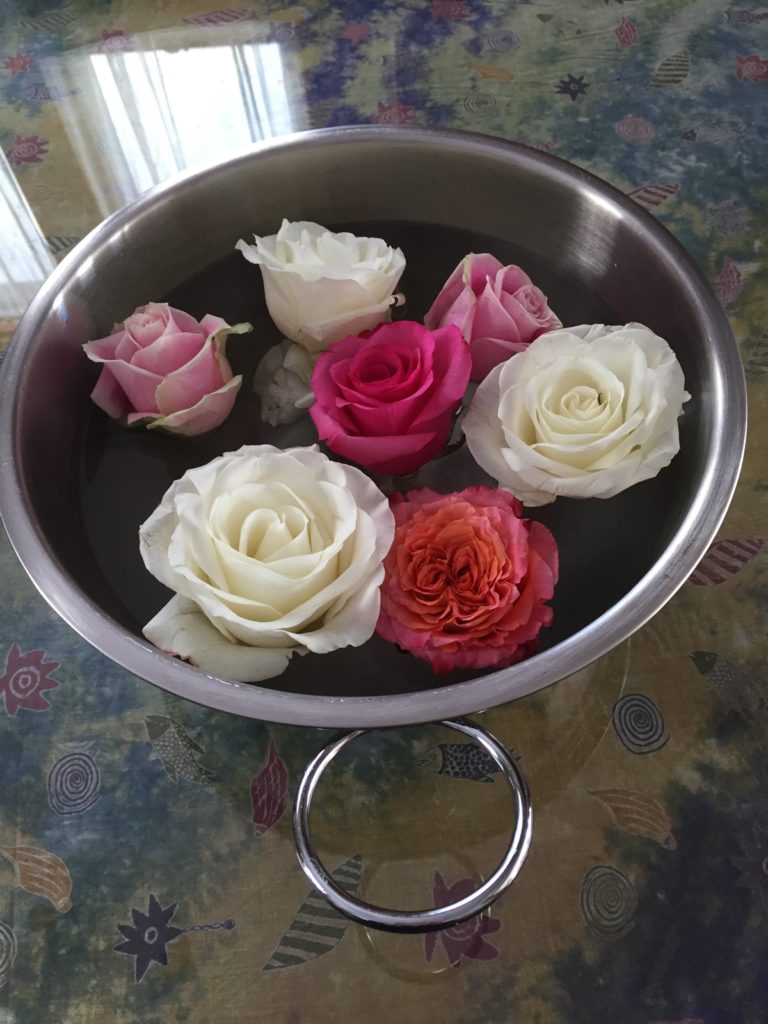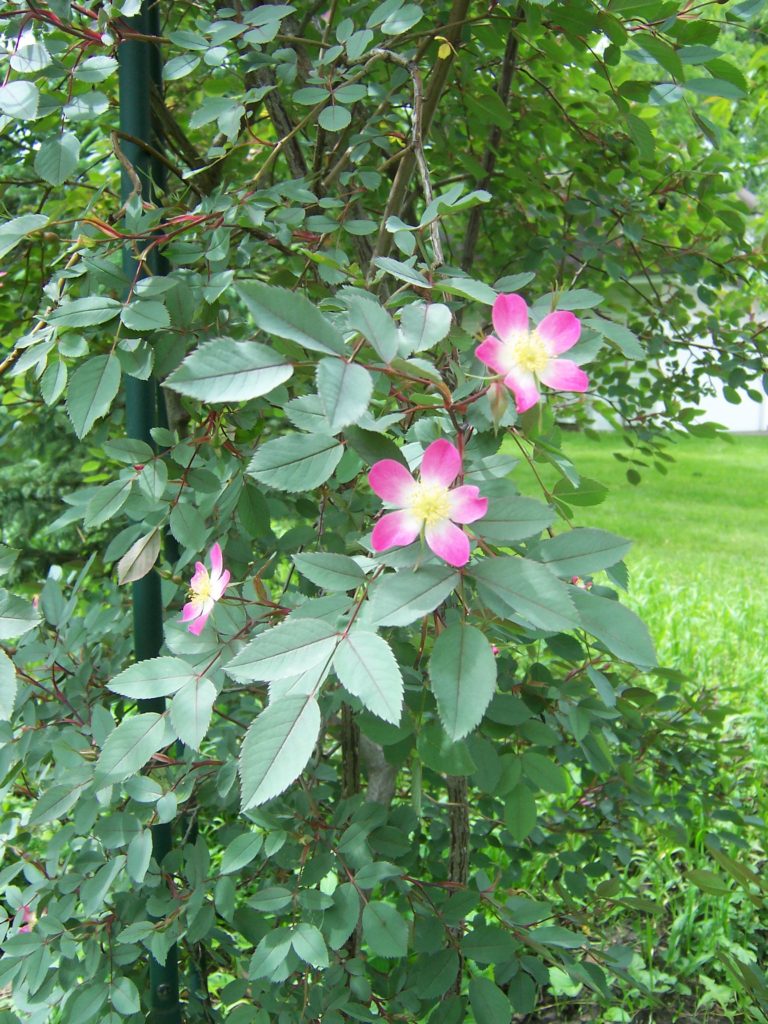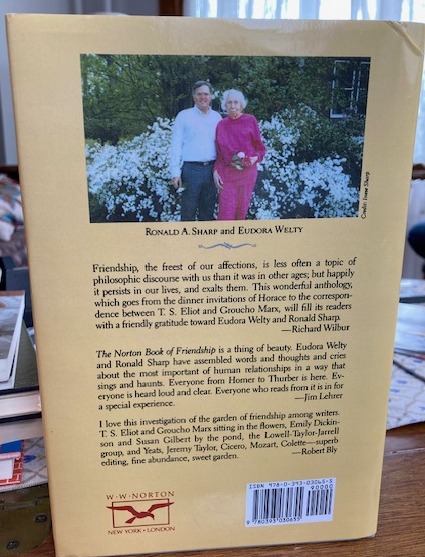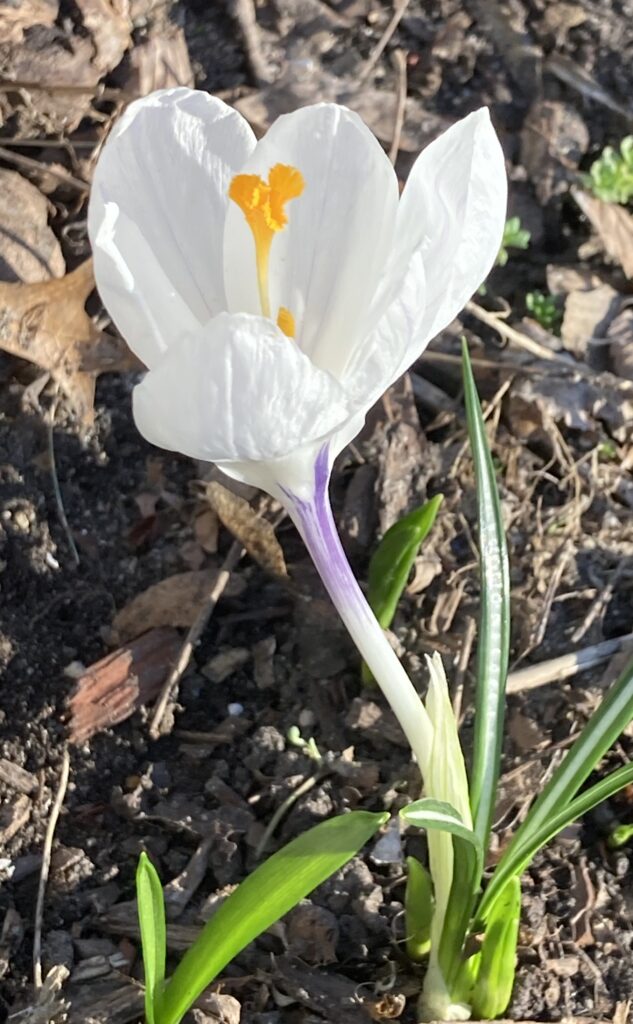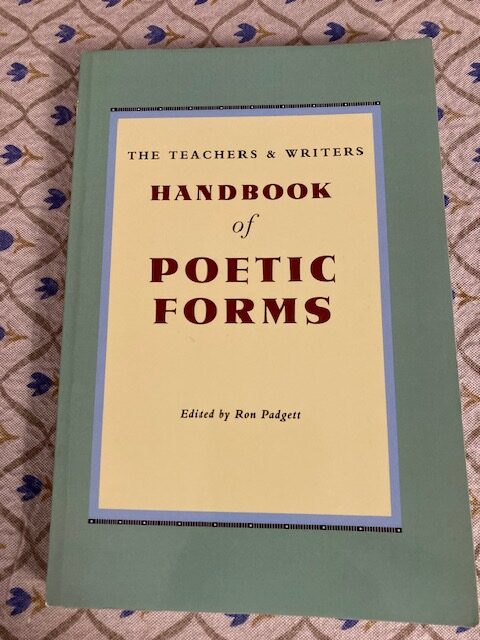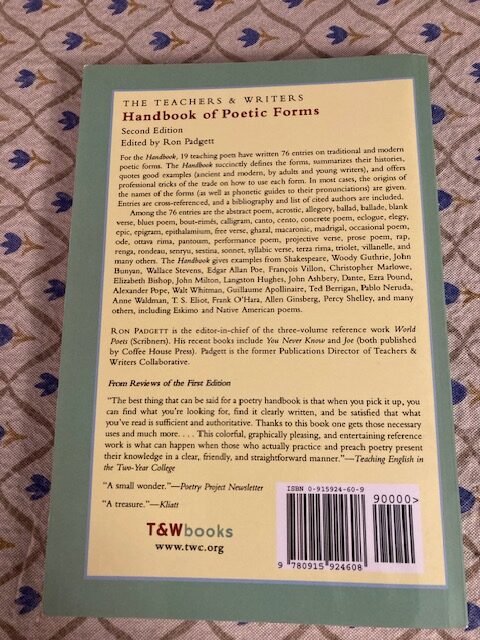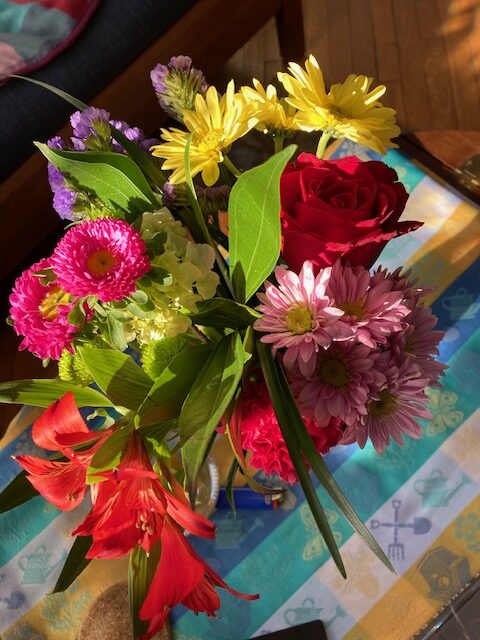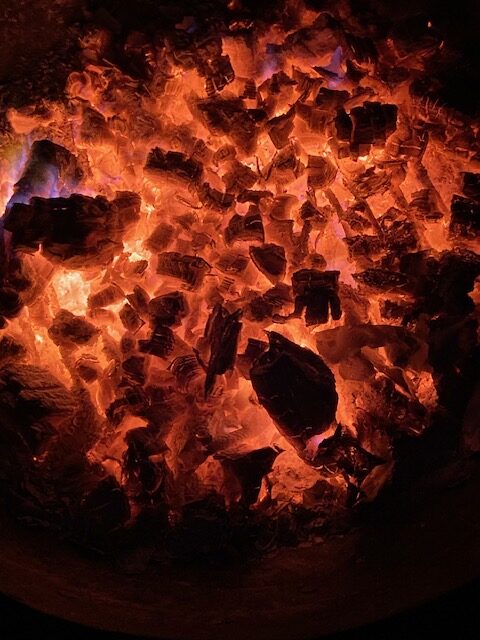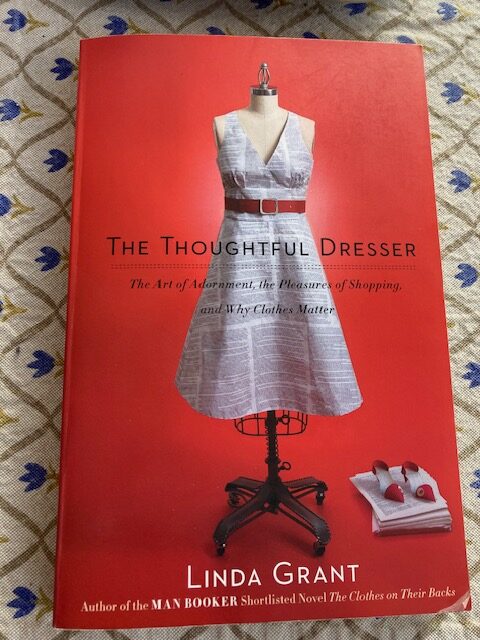
For several weeks now, I have been resavoring Linda Grant‘s perceptive prose in her non-fiction work, The Thoughtful Dresser: The Art of Adornment, the Pleasures of Shopping, and Why Clothes Matter. (Scribner, NY, 2009). (It is hard for me to believe that I have so far missed her prize-winning fiction–perhaps this summer I shall be able to remedy that!)
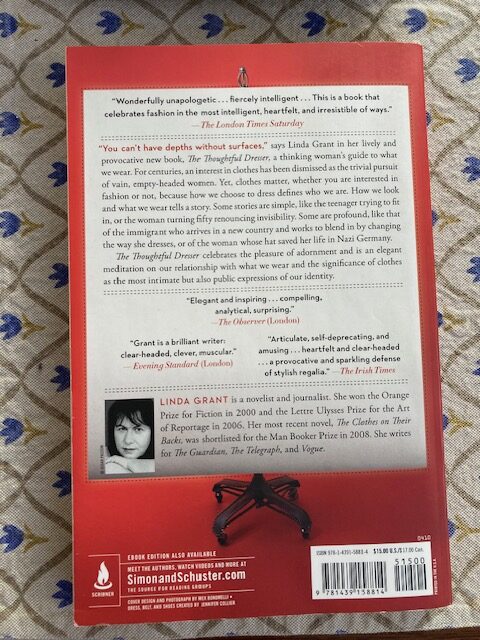
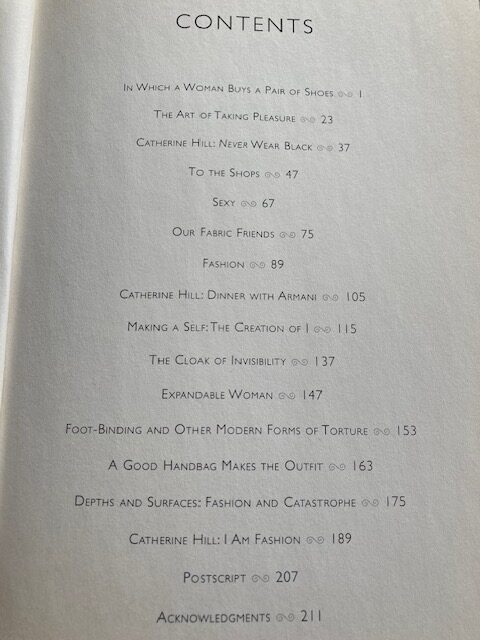
Context for My Poem, “Once: Wyoming”:

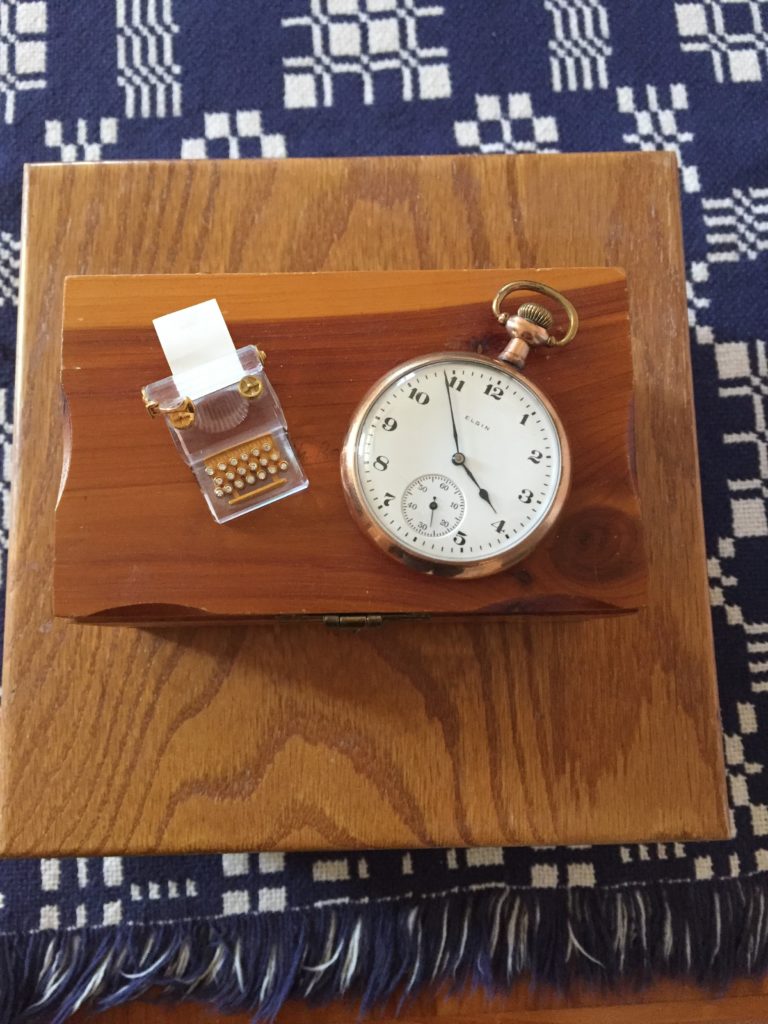

I think today’s poem, “Once: Wyoming” was sparked by my reading of Linda Grant’s treatise. It reminded me of the experiments of dress I made as a college student, and made me think about how we all sometimes try to dress the part when we aspire to some role or other. Specifically, I was remembering a shopping expedition in a city foreign to me–Sheridan– when I was just twenty years old and clearly seeking out an identity that fit. I was also having a lot of fun!
There is pleasure and pratfall in this kind of exploration, of course. Somehow chiming in my brain is this tangent, from Alexander Pope, inscribing his pithy definition of “wit” on two of his signature couplets” from “An Essay on Criticism,” written in 1711, when he was twenty-three.
“True Wit is Nature to advantage dress'd What oft was thought, but ne'er so well express'd; Something whose truth convinced at sight we find, That gives us back the image of our mind."
I still wonder what, if any, connection exists between what one sees in the mirror and what one sees on the page one has labored over.
Until tomorrow, LESLIE

Postcard of artwork by Gene Zesch that hung on my wall after my return from Wyoming–it still cracks me up!

